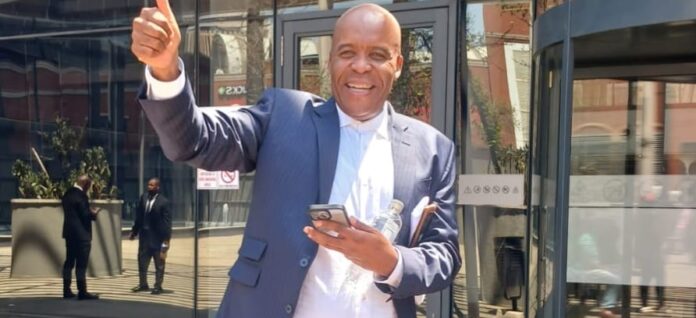The City of Tshwane’s budget is expected to offer relief to vulnerable residents, as the indigents will receive free services worth R2.9-billion for the 2025/26 financial year.
The indigent threshold has increased to R250, 000 from R150, 000 under the new General Valuation Roll, aiding an estimated 180 000 households.
Qualifying residents will receive free water worth 12 kilolitres, electricity worth 100 kWh, sanitation, and waste removal.
Fully funded budget
The fully funded budget was tabled by deputy mayor and MMC for finance, Eugene Modise. It was tabled at a special council meeting on Thursday.
He emphasised that the city achieved this budget without borrowing. It was achieved by relying on improved revenue collection, grants, and internal funding.
Modise said the National Treasury has endorsed the budget as credible. The city expects to receive R7.4-billion in grants, R5.5-billion for operations and R2 billion for capital infrastructure.
He said a further R152-million will come from the new Urban Development Financing Grant.
Revenue increased by R777.5-million, which is 2%, owing to better billing and credit controls. This includes a 3% increase in water service charges, yielding R160.5-million, and a 33% rise in interest from receivables, contributing R437.2-million.
“Alongside our efforts to table a fully funded budget, we have prioritised keeping rates and tariffs as fair and affordable as possible, ensuring that residents are not burdened with unreasonable increases,” said Modise.
Electricity tariff to rise below Eskom’s rate
Electricity tariffs will rise by 10.2%, which is below Eskom’s 11.2%. And water will increase by 13%, which is less than Rand Water’s 15.3%.
Sanitation tariffs will increase by 6%, and refuse removal by 4.6%. While property tariffs will drop by 4% to offset higher property values.
Modise said R1.4-billion is allocated for repairs and maintenance, targeting electricity and water infrastructure. Major substation refurbishments are planned across all seven regions. These include projects in Soshanguve, Edoraigne, and Zithobeni.
He said the city will invest R150-million in the Rooiwal Waste Water Treatment Plant, and R45 million in Mamelodi’s bulk sanitation.
Roads and transport will receive a boost with R522-million earmarked for A Re Yeng bus services. And the Garsfontein Road upgrade is set to improve traffic flow and create jobs.
Economic Development
To fight against high unemployment, particularly among the youth, R740 million has been set aside. This will go towards the Economic Development and Spatial Planning Department.
The city aims to attract R17-billion in new investment and create R80 000 jobs by 2029.
Tshwane has also allocated R36-million for forensic audits and R15-million for a pre-audit. This is to address Auditor-General’s concerns.
Customer service is also set for a transformation. R304-million has been allocated to improve walk-in centres and digital platforms. This as well as the introduction of a revamped e-Tshwane mobile app.
“These interventions mark a turning point in how the city is governed,” said Modise.
“With stronger internal capacity, improved audit performance, smarter systems and a modern customer service experience, we are building a more accountable, responsive and capable capital city,” he added.



